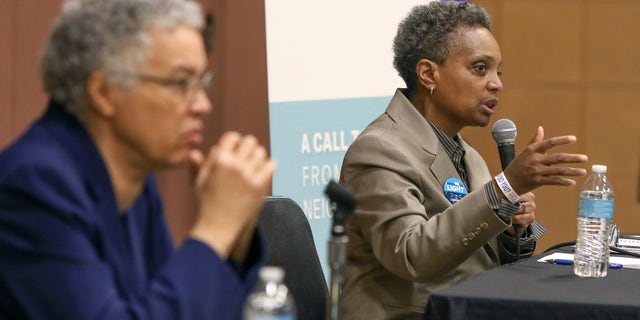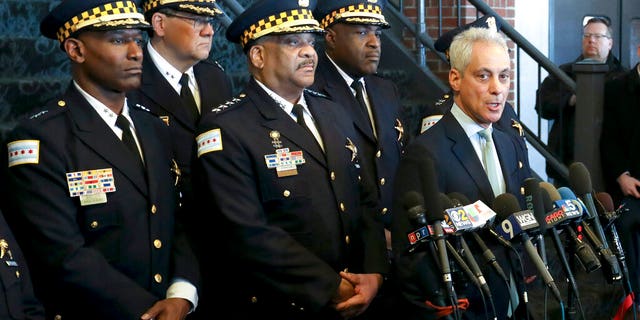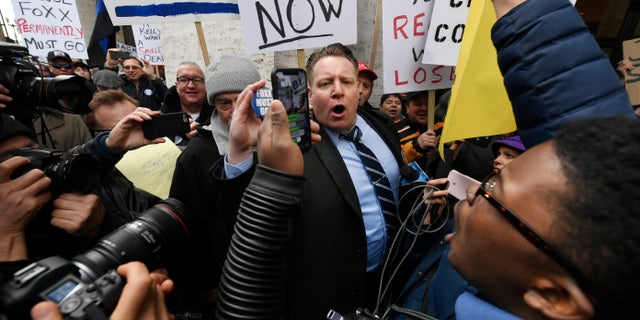President
Donald Trump speaks as he meets with NATO Secretary General Jens
Stoltenberg in the Oval Office of the White House, Tuesday, April 2,
2019, in Washington. (AP Photo/Evan Vucci)
OAN Newsroom
UPDATED 1:07 PM PT — Tuesday, April 2, 2019
President Trump is now saying “security is more important” to him than trade as he considers shutting down the southern border.This comes as some raise concerns about the economic impact of a border shutdown, but White House Economic Adviser Larry Kudlow told CNBC he’s “looking at keeping truck lanes open” to lessen the economic impact
In the meantime, President Trump said Mexico is finally stepping in to help stop the flow of illegal immigrants from Central America as he doubles down on his threat to cut U.S. aid to Guatemala, Honduras and El Salvador.
Sarah Sanders suggested the president doesn’t want to shutdown the southern border, but will use it as his last resort if he feels the safety of Americans are in jeopardy. While speaking with reporters Tuesday, the White House press secretary said closing the border isn’t the main priority of this administration. She said Democrats must help address the issue of illegal immigration to keep ports of entry open.

White
House press secretary Sarah Sanders talks with reporters outside the
White House, Tuesday, April 2, 2019, in Washington. (AP Photo/Evan
Vucci)
Sanders claimed the southern border is being overrun and the president could be forced to close it.
“Look, Democrats are leaving us absolutely no choice at this point, we’ve already had to move roughly 750 personnel from ports of entry,” she told reporters. “And it looks like we’re going to have to move more, which will force those lines to go longer to cross the border and eventually it may be that it’s the best decision that we close the border.”
Sanders also said Mexico must ramp up its efforts to curb illegal immigration into the U.S.



















